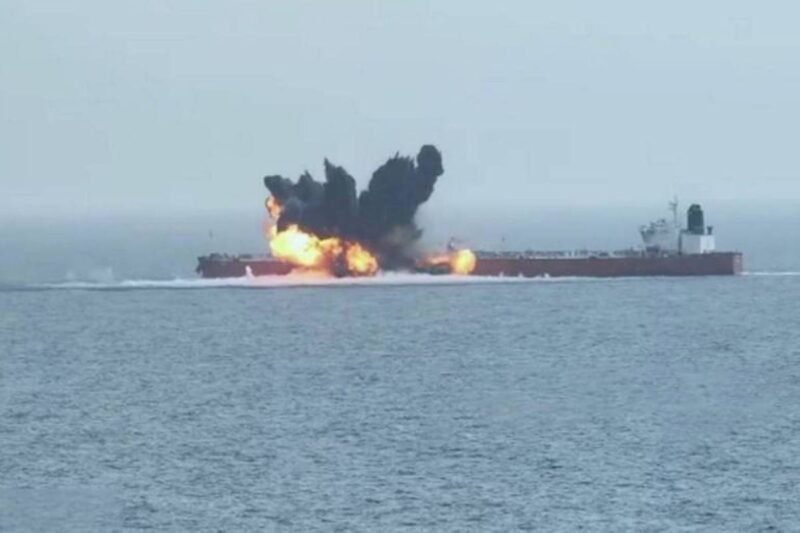The global maritime industry is facing a multitude of challenges, from environmental disasters to strategic shifts in naval operations and cyber vulnerabilities. One such incident occurred on August 21, 2024, when the Greek-flagged oil tanker Sounion was attacked by Houthi rebels in the Red Sea, resulting in a devastating explosion and potential oil spill that could have far-reaching consequences for marine ecosystems and global trade routes.
In response to escalating attacks in the Red Sea, the European Union’s Operation Aspides was formed to protect commercial shipping and monitor potential threats. However, the situation is exacerbated by the US Navy’s strategic shift, withdrawing warships from critical areas and repositioning assets to address new threats elsewhere. The withdrawal could lead to increased regional instability, disruptions in global trade, and heightened conflicts, as warned by maritime security experts.
Furthermore, the maritime industry faced another challenge when the Port of Seattle fell victim to a significant cyberattack on August 24, affecting critical systems and causing widespread disruption. The incident underscores the growing vulnerability of vital infrastructure to cyber threats and highlights the urgent need for enhanced cybersecurity measures. As recovery efforts continue, cybersecurity experts warn of the potential for more severe attacks on critical systems in the future, emphasizing the importance of proactive cybersecurity measures in protecting maritime operations.






